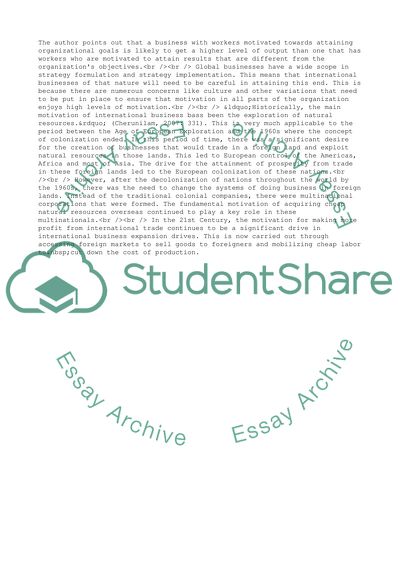Cite this document
(Organizational Behavior in Global Context Case Study, n.d.)
Organizational Behavior in Global Context Case Study. Retrieved from https://studentshare.org/management/1774137-report-on-organizational-behaviour-in-global-context-motivation
Organizational Behavior in Global Context Case Study. Retrieved from https://studentshare.org/management/1774137-report-on-organizational-behaviour-in-global-context-motivation
(Organizational Behavior in Global Context Case Study)
Organizational Behavior in Global Context Case Study. https://studentshare.org/management/1774137-report-on-organizational-behaviour-in-global-context-motivation.
Organizational Behavior in Global Context Case Study. https://studentshare.org/management/1774137-report-on-organizational-behaviour-in-global-context-motivation.
“Organizational Behavior in Global Context Case Study”, n.d. https://studentshare.org/management/1774137-report-on-organizational-behaviour-in-global-context-motivation.


